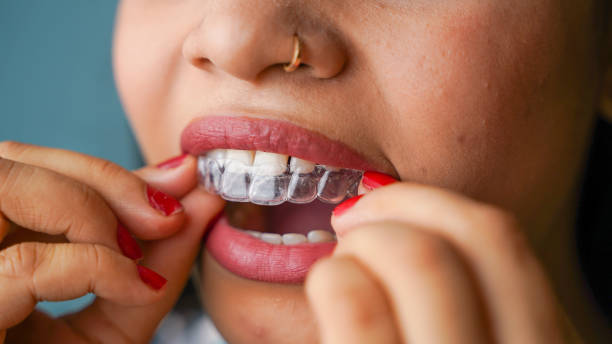Maintaining proper oral hygiene extends beyond brushing and flossing — it also includes caring for your dental appliances. Retainers play a critical role in keeping your teeth aligned after orthodontic treatment, and neglecting their cleanliness can lead to plaque buildup, bad breath, and even infections. In this guide, you’ll learn how to clean retainers safely and effectively, preserving both your oral health and the life of the appliance.
Why Cleaning Your Retainers Matters
Retainers are worn for several hours each day and come into direct contact with saliva, food particles, and bacteria. Over time, they can become a breeding ground for germs if not properly cleaned. Just like your teeth, retainers can accumulate tartar and plaque. This not only impacts the hygiene of your mouth but can also cause your retainers to develop unpleasant odors and become discolored. Regular cleaning helps prevent bacterial growth, ensuring that the retainers stay fresh, safe, and effective in maintaining your smile.
Best Methods to Clean Retainers
There are several safe methods for cleaning retainers at home. One of the most effective and simple techniques involves brushing them gently with a soft-bristled toothbrush and non-abrasive toothpaste or mild soap. Make sure to rinse them thoroughly with lukewarm water — never hot, as it can warp the plastic. Another effective option is soaking the retainers in a cleaning solution made specifically for dental appliances. Avoid using household cleaners like bleach or alcohol, as these can damage the retainers and harm your oral tissues. Ultrasonic cleaners are also a safe option, especially for deep cleaning a few times a week.
Tips for Daily Retainer Maintenance
Maintaining a consistent cleaning routine is essential. Clean your retainers as soon as you remove them each day to prevent buildup. Always store them in a ventilated case when not in use to avoid bacterial growth. It's also important to keep the storage case clean — wash it with soap and water at least once a day. Do not soak your retainers in mouthwash, especially those with alcohol, as it can dry out or crack the material. Finally, bring your retainers to dental checkups so your dentist can inspect them for wear and tear and ensure they're still fitting correctly.
Conclusion
Cleaning your Retainers properly is just as important as wearing them consistently. A little daily care goes a long way in preventing odor, stains, and bacterial growth. With the right techniques and regular maintenance, you can keep your retainers in excellent condition, ensuring they continue to support your orthodontic results and promote long-term oral health.





Comments